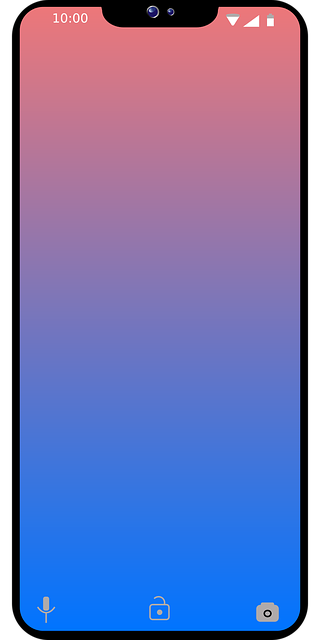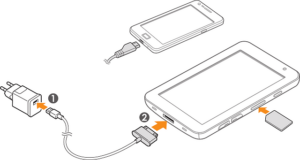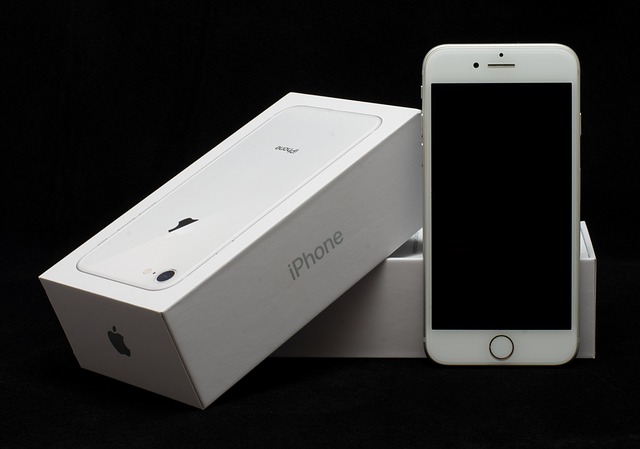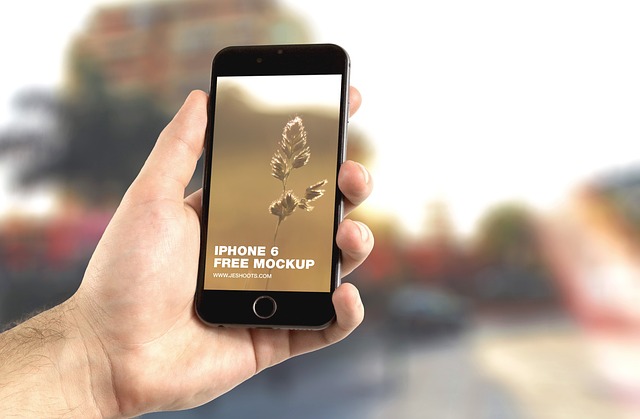In North Carolina, the definition of an "autodialer" under the Telephone Consumer Protection Act (TCPA) is a key legal concept. Case law has clarified that this includes any system using automated processes to dial numbers randomly or sequentially, targeting specific areas or individuals. This definition impacts businesses and individuals facing TCPA violations related to "Do Not Call" lawsuits. Specialized Do Not Call lawyers in North Carolina, like those at reputable Do Not Call law firms NC, can guide clients on their rights and help prevent costly litigation by ensuring compliance with TCPA regulations.
In North Carolina, the Telephone Consumer Protection Act (TCPA) prohibits automated or prerecorded calls to cell phones without explicit consent. Central to these cases is the term “autodialer,” which has seen its definition shaped by case law. This article explores how courts in North Carolina have interpreted autodialer within TCPA contexts, focusing on relevant case precedents. Understanding this legal construct is crucial for businesses and individuals alike to avoid potential violations, especially when relying on automated call systems, and to find appropriate representation from a Do not call lawyer NC or attorney NC if needed.
Understanding the Term Autodialer: A Key Component in NC TCPA Cases
In North Carolina, the term “autodialer” is a critical component in cases involving the Telephone Consumer Protection Act (TCPA). Understanding what constitutes an autodialer is essential for both plaintiffs and defendants navigating this area of law. The TCPA prohibits automated or prerecorded calls to telephone numbers assigned to wireless devices without prior express consent. An autodialer, as defined by case law, is a device or software that uses a random or sequential number generator to dial phone numbers automatically. This includes systems that use algorithms or data files to target specific areas or individuals.
Case law in North Carolina has clarified that the term “autodialer” does not just refer to traditional automatic dialing systems but also encompasses modern technologies. The definition is broad enough to include software and applications designed to automate the process of placing phone calls, even if human intervention is initially required. This interpretation ensures that individuals and businesses across North Carolina are protected from unwanted automated calls, with legal remedies available for those who violate this key component of TCPA regulations. For those facing such issues, consulting with a lawyer specializing in Do Not Call laws in North Carolina can provide guidance on rights and potential legal actions.
The Role of Case Law in Defining Autodialer
In the context of the Telephone Consumer Protection Act (TCPA) in North Carolina, case law plays a pivotal role in defining what constitutes an “autodialer.” The TCPA prohibits automated or prerecorded calls to mobile phones unless the caller has obtained prior explicit consent. Legal precedents have been instrumental in clarifying this definition, especially regarding the specific criteria for identifying an autodialer.
Courts have relied on case law to establish that an autodialer is not merely a device but a system that uses an automated process to dial numbers. This includes software or hardware capable of generating random or sequential phone numbers and making calls without human intervention. The focus is on the capability to automatically dial numbers, regardless of whether each call is initiated manually. Such interpretations have significant implications for businesses and individuals facing “Do Not Call” lawsuits in North Carolina, where attorneys like those specializing in TCPA litigation in NC can guide clients through these complex legal landscapes.
Implications for Businesses and Individuals in North Carolina
The definition of “autodialer” as established by case law has significant implications for businesses and individuals in North Carolina. For businesses, understanding this legal term is crucial when implementing telephone marketing campaigns to avoid potential TCPA (Telemarketing Consumer Protection Act) violations. A clear interpretation of autodialer ensures that companies can effectively reach their target audience while respecting consumer privacy rights. This is especially important in the age of technology where automated dialing systems are prevalent.
For individuals, knowing what constitutes an “autodialer” can protect them from unwanted phone calls and provide a legal basis to take action against violators. If a caller uses an autodialing system without obtaining prior consent, North Carolina residents have rights under the TCPA. A lawyer for Do not call in North Carolina can guide individuals on how to navigate these complexities and ensure their rights are upheld, especially when dealing with persistent or harassing calls from law firms or attorneys.






